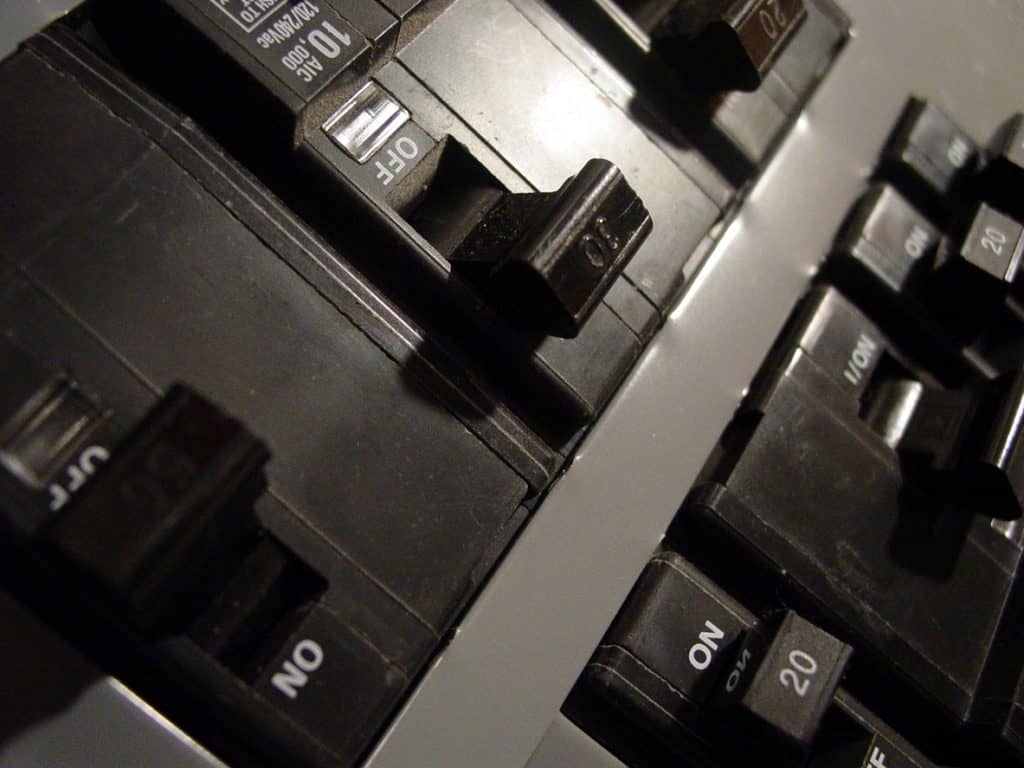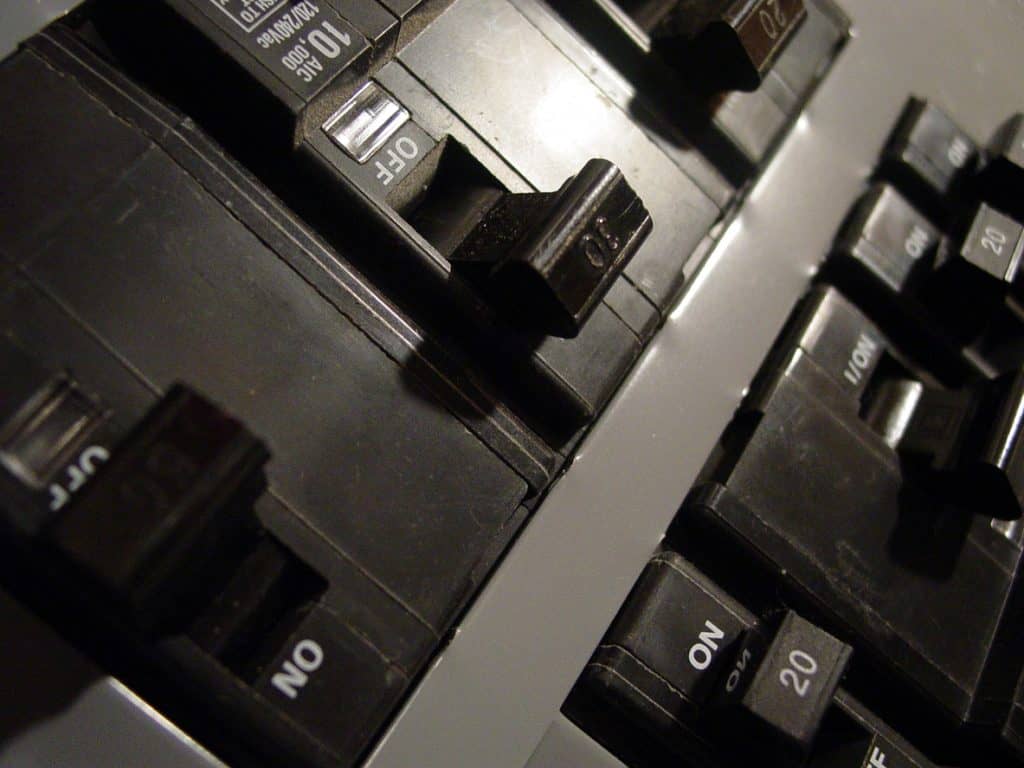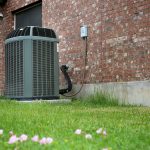
Many calls are made at the end of a long summer about A/C breakers. The causes can range from a simple fix to a major repair. Here are some of the potential causes of a tripped breaker and how you can prevent them.
Condenser Coils
Outdoor condenser coils can become dirty and this can cause problems. A dirty coil will block the airflow into the unit and cause the compressor to overheat. If this happens too often or for too long, the compressor can cause the break to trip. To solve this problem, turn the off the disconnect for the unit and run a water hose through the coil until the water runs clear. If your are unsure of how to disconnect the power, or if something doesn’t seem safe, we recommend you call a HVAC professional.
Circuit Breakers
Another issue can be a weak circuit breaker. Breakers can go bad over time and the wires connected to the breaker may be loose. The breaker itself might be bad and need replacing. This fix is relatively inexpensive but you will need to hire a licensed electrician to determine if this is the problem or not.
Compressors
The compressor is the heart of the air conditioning system. It pulls loads of electricity when it starts up and over time can get worn out. The compressor or fan motor can start to short. If this happens, the breaker will start to trip immediately once the unit tries to start. If your compressor is “grounded” or “short to ground” it means that it is not repairable. The worst case here is that it could cause a direct short to the ground that will ignite oil and cause a burnout. Fan motors can be easily replaced but compressors take several hours of labor and a lot of refrigerant. If you are using R22 refrigerant, that is scheduled to be discontinued in 2020, then a new unit may be better than repair.
Bad Capacitors
Lastly, you may have a bad capacitor or start kit. These parts hold the charge that jump starts the compressor and fan motor to come on. Occasionally they go bad and the breaker trips. To have this diagnosed fixed, contact your local AC repairman.












